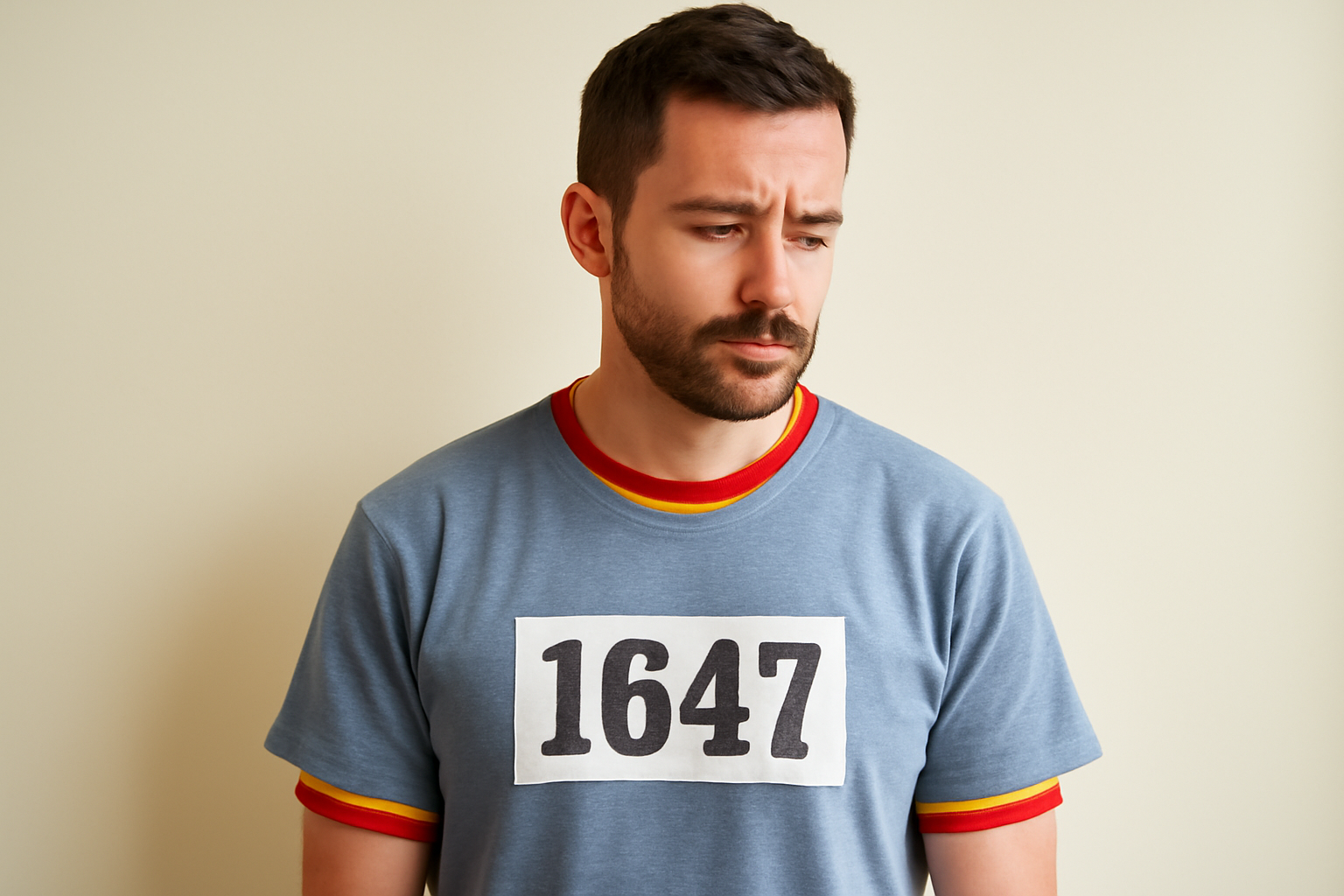
In the aftermath of the January 6th Capitol riot, one participant, who identifies as gay, has chosen a path of introspection and accountability rather than seeking a pardon from former President Donald Trump. Amidst the chaos and the political fallout following the insurrection, this individual stands out for his willingness to acknowledge his actions and the consequences that follow.
January 6, 2021, will be remembered as a day of infamy in American history. Thousands of individuals stormed the U.S. Capitol in an attempt to overturn the results of the 2020 Presidential election. Among them was a diverse group of people, each with their own motivations and backgrounds. Some sought to disrupt the certification of the electoral college vote, while others were caught up in the fervor of the moment.
A Personal Journey of Reflection
For this particular participant, the events of that day have led to a profound period of reflection. In conversations since the insurrection, he has expressed regret and a desire to make amends for his part in the unrest. He acknowledges that his actions contributed to the violence and chaos that ensued, and he believes that facing the legal repercussions is an essential step in taking responsibility.
"I was swept up in the moment," he admits, looking back on his involvement. "At the time, I thought I was standing up for what I believed in, but now I see the harm that was caused." This sentiment is echoed by many who have since reevaluated their participation in the events of January 6th.
Understanding the Larger Context
The Capitol riot was not an isolated incident. It was the culmination of weeks of misinformation and heated rhetoric. Social media platforms were filled with false claims about the election, and Trump's supporters were urged to "stop the steal." Many believed that they were acting patriotically when they took part in the insurrection. However, the violence and tragic loss of life have cast a long shadow over that day.
As a member of the LGBTQ+ community, this participant is keenly aware of the historical struggles for justice and equality. He draws parallels between past civil rights movements and the current political climate, noting that true progress comes from peaceful advocacy rather than violence.
A Message of Accountability
Rejecting a pardon from Donald Trump, who many believe incited the riot, is a significant decision. It comes at a time when several individuals involved in the insurrection are seeking clemency, hoping to avoid imprisonment. By contrast, this participant believes that accepting punishment is a crucial step toward personal growth and societal healing.
"I don't want a pardon because I believe in facing the consequences of my actions," he says. "It's important to learn from mistakes, and I hope that others will see that accountability is not a sign of weakness but a path to redemption."
A Call for Unity and Understanding
Beyond his personal journey, he hopes that his story can serve as a catalyst for broader conversations within the LGBTQ+ community and beyond. "Our community has always been about fighting for what is right," he explains. "We know the importance of coming together to drive positive change, and I want to be a part of that."
The aftermath of January 6th has left many questioning the direction of the nation and the role of individuals in shaping the future. For this participant, acknowledging his mistakes is one way to contribute to healing and progress.
He concludes with a hopeful message: "We must all work together to build a more inclusive and understanding society. Let's focus on what unites us rather than what divides us."
While the road to reconciliation may be long, stories like his offer a glimmer of hope that individuals can learn from the past and strive for a better future.
As the nation continues to grapple with the repercussions of January 6th, the decision of this LGBTQ+ participant to reject a pardon and accept responsibility is a poignant reminder of the power of personal accountability and the potential for transformation.
Related Posts
Triumphant Trans Woman Wins Legal Battle and Inspires Others to Stand Up for Their Rights
Breaking new ground: a landmark victory in transgender rights After battling in courtrooms and enduring endless challenges, Diana Portillo, a transgender woman, has secured a monumental victory in her decade-long fight against workplace discrimination. The result? Nearly $1 million awarded in a historic settlement. But this isn't just a win on paper—it represents a powerful precedent in combati [...]
Pride Month in Latin America: Protests and Demands for Equality
**Celebrating Pride and advocating LGBTQ+ rights in Latin America** Pride Month in Latin America was a lively mix where celebration met activism. Communities united, not just throwing a party but making a stand—demanding equality and pushing governments toward better protection and rights recognition. Throughout Latin America, pride events erupted in marches and cultural displays, each with a c [...]
Transgender Erasure Actions Implemented by National Park Service
```html Trump administration's impact on national park service and transgender recognition The Trump administration made notable moves in undermining transgender representation, which included directing agencies like National Park Service not include "T" and "Q" when they refered “LGBTQ” in any official communication. This move seems part a broader plan by this administration aimed at reducin [...]